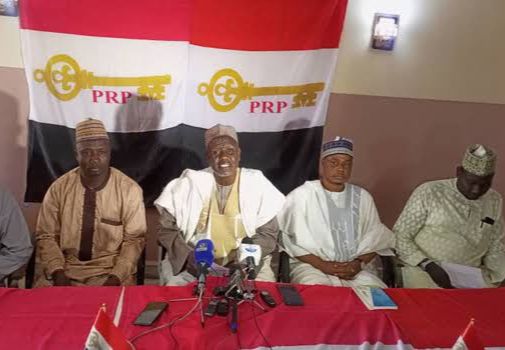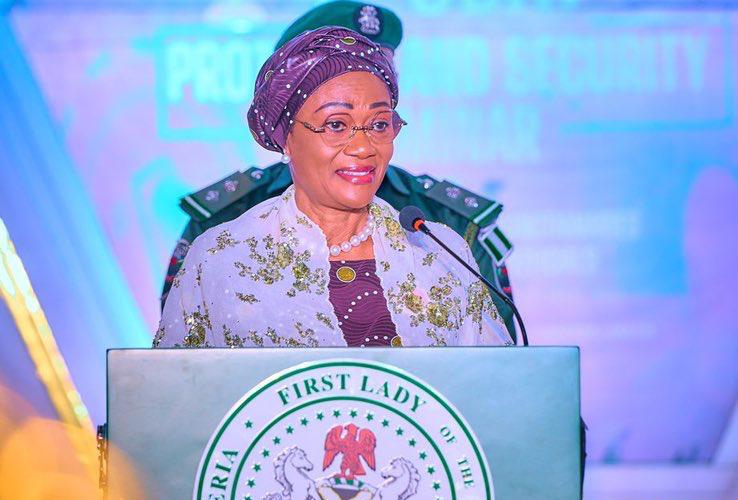The federal government has approved a new policy on transnational education in Nigeria.
Yusuf Sununu, minister of state for education, spoke to journalists on Wednesday after a federal executive council (FEC) meeting presided over by President Bola Tinubu at the presidential villa.
The minister said the criteria for implementing transnational education across boundaries have been accepted by the council.
He said the policy will allow Nigerian institutions to collaborate with their foreign counterparts to offer education services within the country.
Advertisement
Sununu explained that as a member of the World Trade Organisation (WTO), Nigeria is signatory to the general agreement on trade in services (GATS) which includes education as an exportable service.
The minister said the policy aims to increase access to tertiary education in Nigeria, given the large number of secondary school graduates seeking university admission annually.
He said transnational education will ease placement pressures and allow research and progressive exchange of ideas.
Advertisement
He added that it would boost tertiary enrollment and minimize foreign exchange pressures of Nigerians studying overseas.
Sununu stated that transnational education will attract foreign investment and funding to government institutions.
“Ours in the federal ministry of education is a note to the council on the guidelines for the implementation of transnational education in Nigeria,” the minister said.
“Nigeria is a member of World Trade Organisation since 1995 and also signatory to general agreement of trade in services which was signed in 1995.
Advertisement
“We are all aware of the effort of Mr. President to increase access to education with greater number of secondary school leavers who are seeking to be graduates or undergraduates in our tertiary institution.
“Placement is becoming a serious issue. Therefore, the ministry came up with a policy of transnational education.
“What it means is that exchange and cross fertilisation of ideas can be done across borders.
“The documents provide a guideline whereby a foreign institution can collaborate with local institutions within the country or can even come and establish a conference within the country.
Advertisement
“Economically, the transnational education would decrease the pressure on the dollar.”
Advertisement
Add a comment







